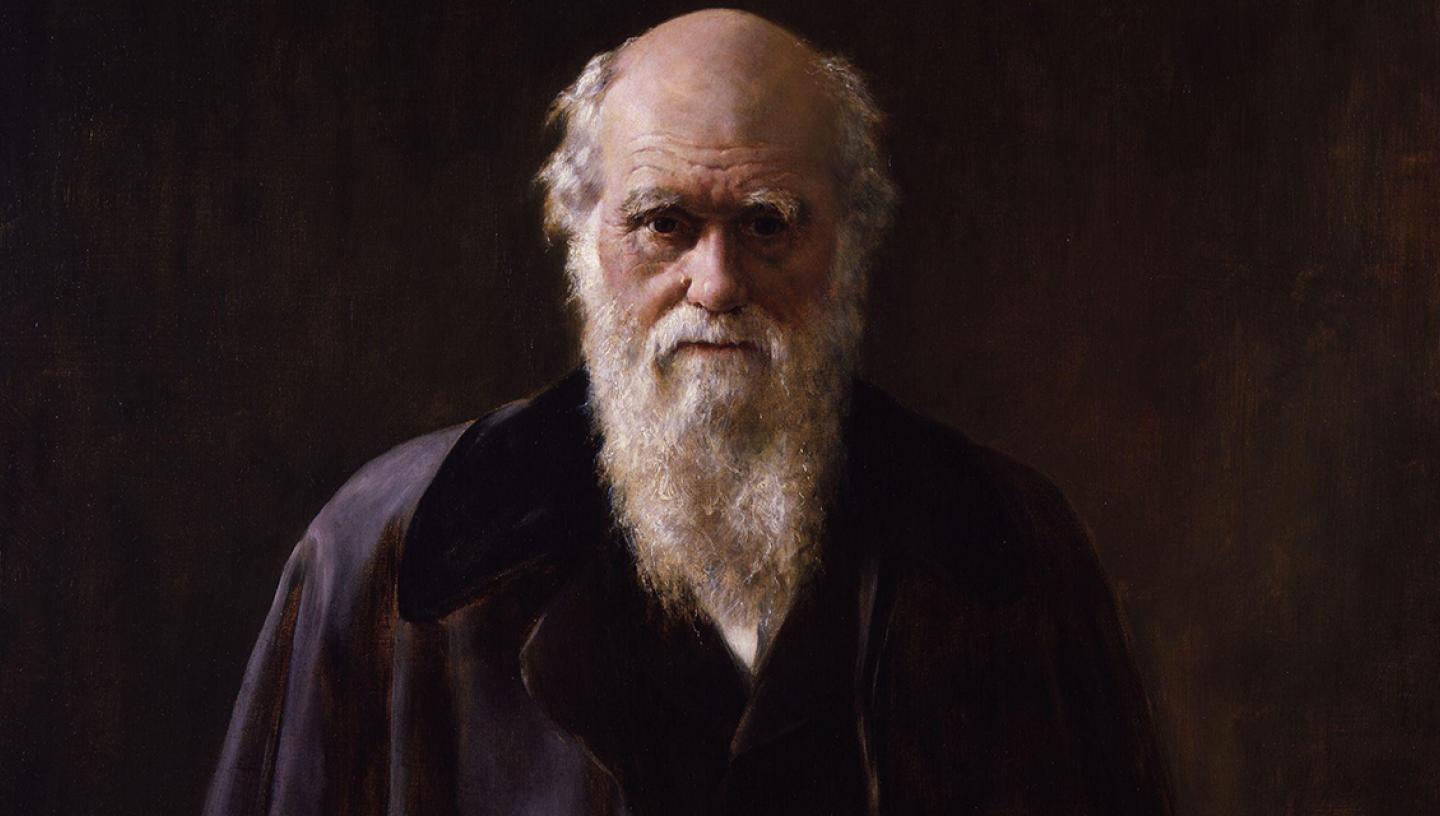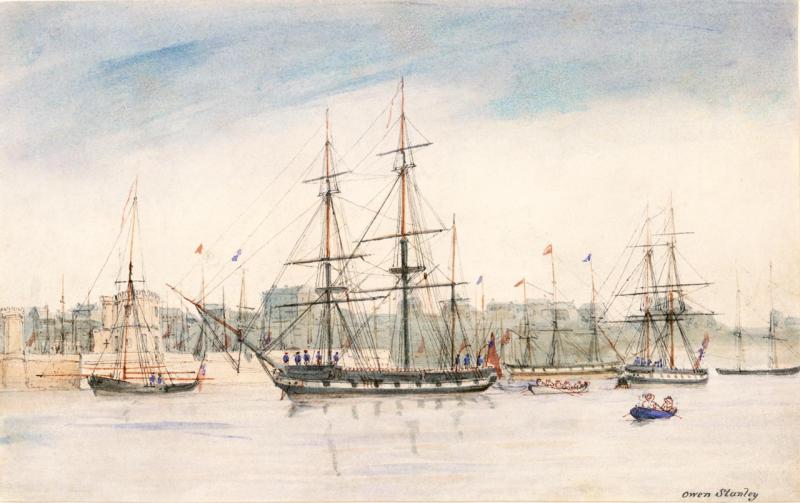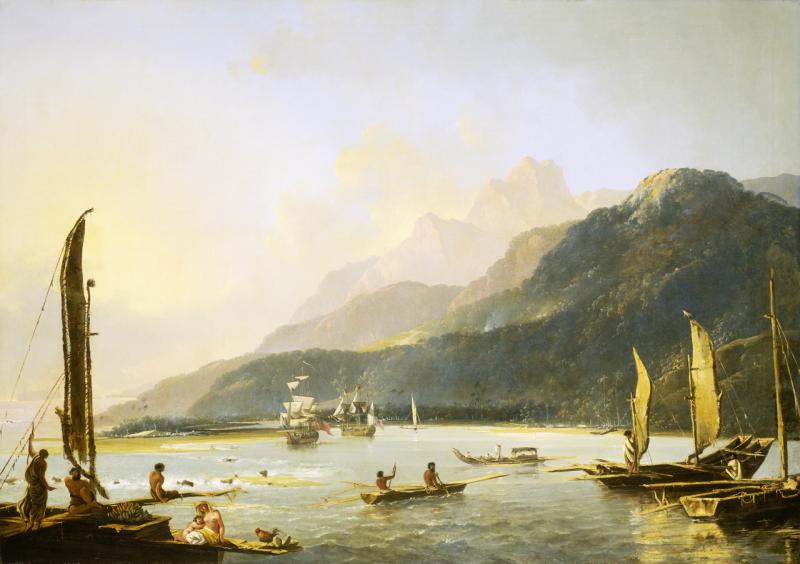
English naturalist Charles Darwin (1809 – 1882) developed groundbreaking theories on evolution following a five-year expedition on board HMS Beagle, 1831–36.
Darwin is England’s most celebrated naturalist and geologist, best known for his groundbreaking work On the Origin of Species, published on 24 November 1859. In it, he presented his theory of the evolution of species by means of natural selection. Darwin developed his theory from findings he made following a five-year expedition on board HMS Beagle.
Voyage on HMS Beagle
Charles Darwin was born on 12 February 1809 in Shrewsbury, England. From 1831 to 1836, Darwin – then a trainee Anglican parson – served as an unpaid naturalist on a science expedition on board HMS Beagle. He accompanied the Beagle’s captain, Robert FitzRoy, who wanted an enthusiastic and well-trained gentleman naturalist to join him on the Beagle’s second surveying expedition. At the end of 1831, the Beagle sailed for South America where she completed extensive surveys, returning via New Zealand in 1836.
Groundbreaking discoveries
The expedition visited many places around the world and Darwin studied the various plants and animals, collecting specimens for further analysis. In South America, Darwin found fossils of extinct animals that were similar to modern species. Furthermore, on the Galapagos Islands he noticed many variations of plants and animals that were similar to those he found in South America, suggesting that species adapted over time and to their environment.
Theory of evolution
Upon return to London, further analysis of the specimens collected on the voyage led Darwin to several related theories – namely that evolution did occur and it happened gradually over thousands of years.
Darwin's theory of evolutionary selection holds that variation within species occurs randomly, and that the survival or extinction of each organism is determined by that organism's ability to adapt to its environment. He first published these theories on 24 November 1859 in his book, On the Origin of Species (or, more completely, On the Origin of Species by Means of Natural Selection, or the Preservation of Favoured Races in the Struggle for Life).
Darwin’s legacy
Charles Darwin was not the first to propose a theory of evolution but his work had a great impact on society at the time. While other thinkers used his research to support their various (often opposing) views and ideas, Darwin avoided talking about the theological and sociological aspects of his work. He continued to write on botany, geology and zoology until his death on 19 April 1882. He is buried in Westminster Abbey, London.

